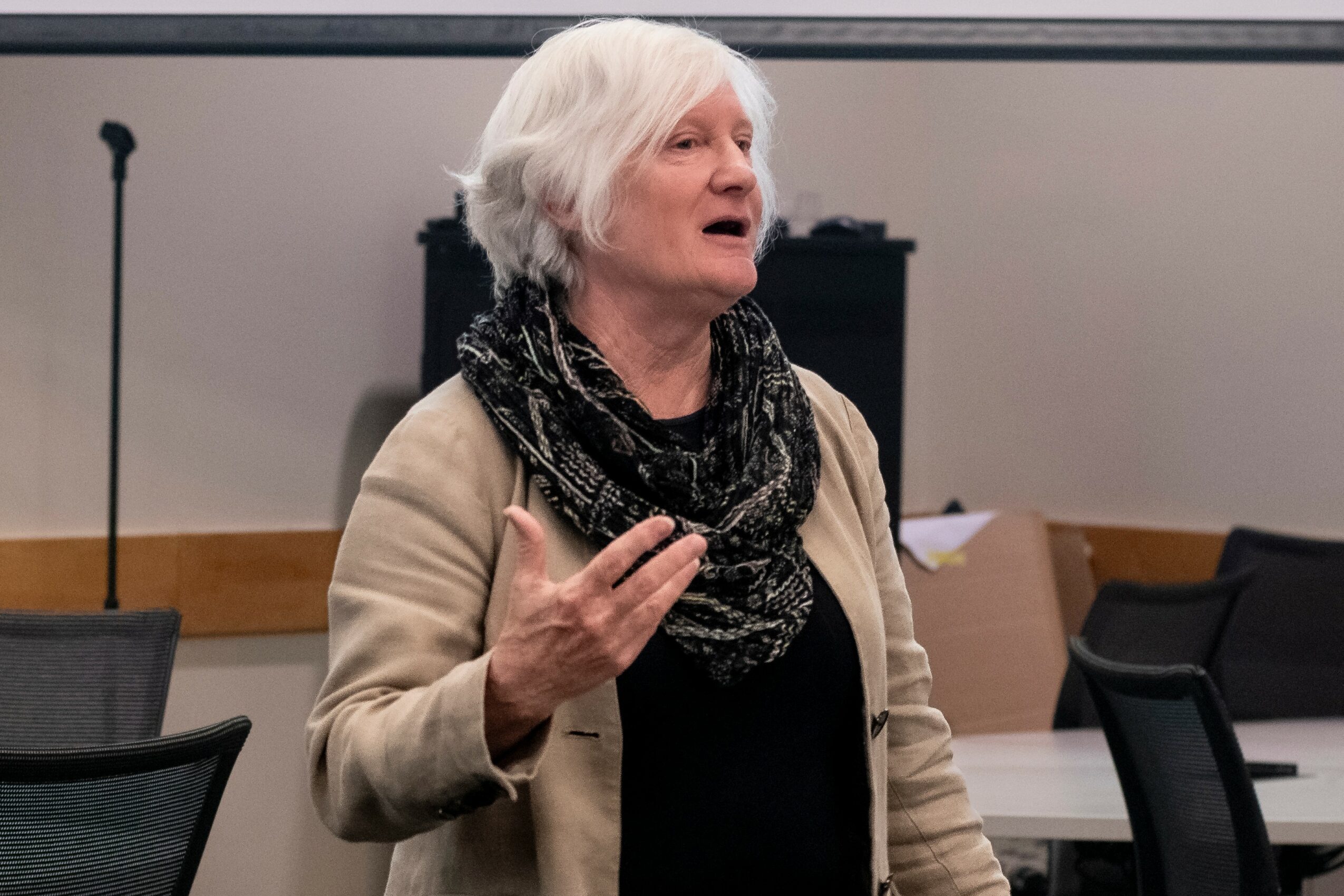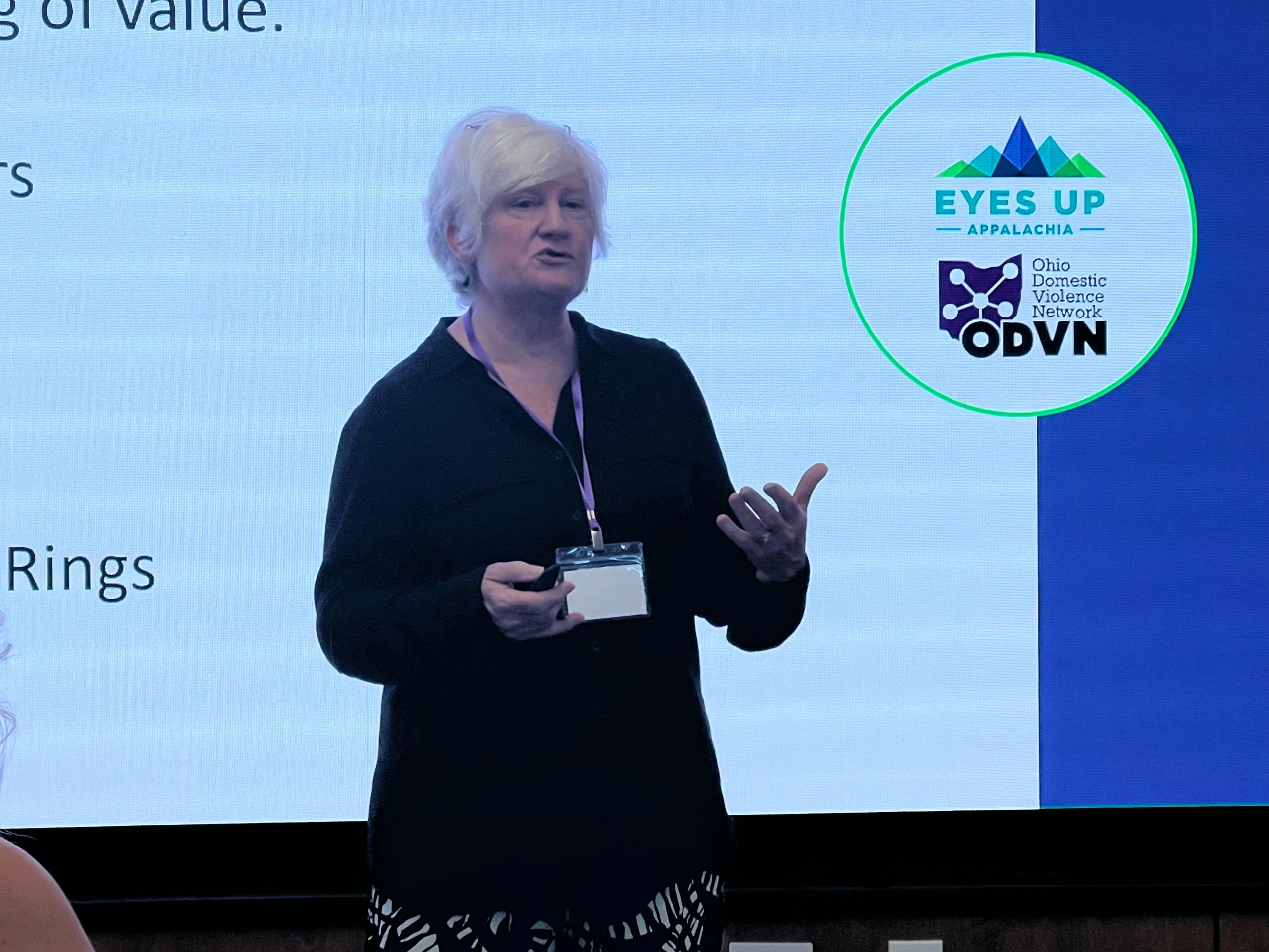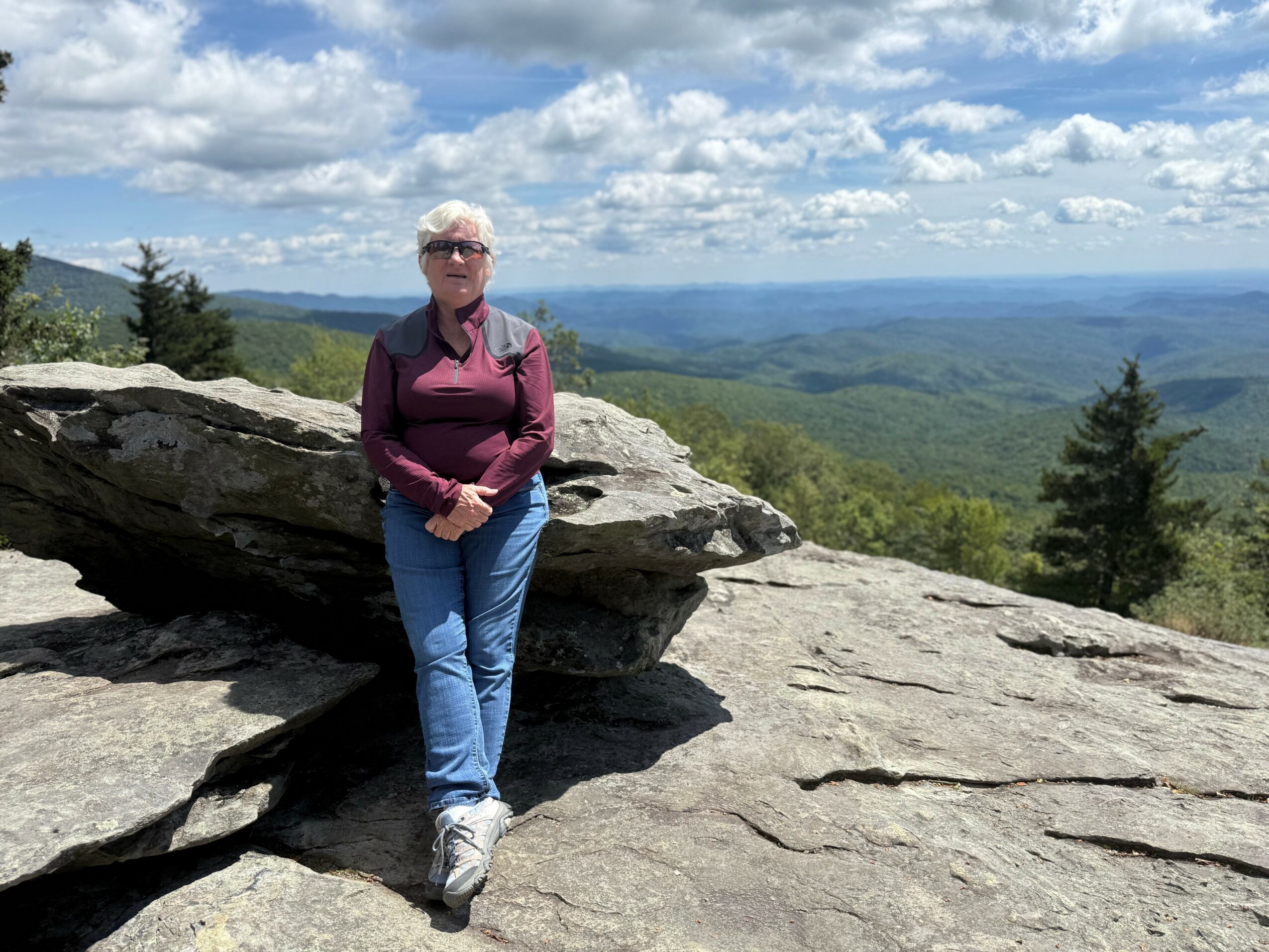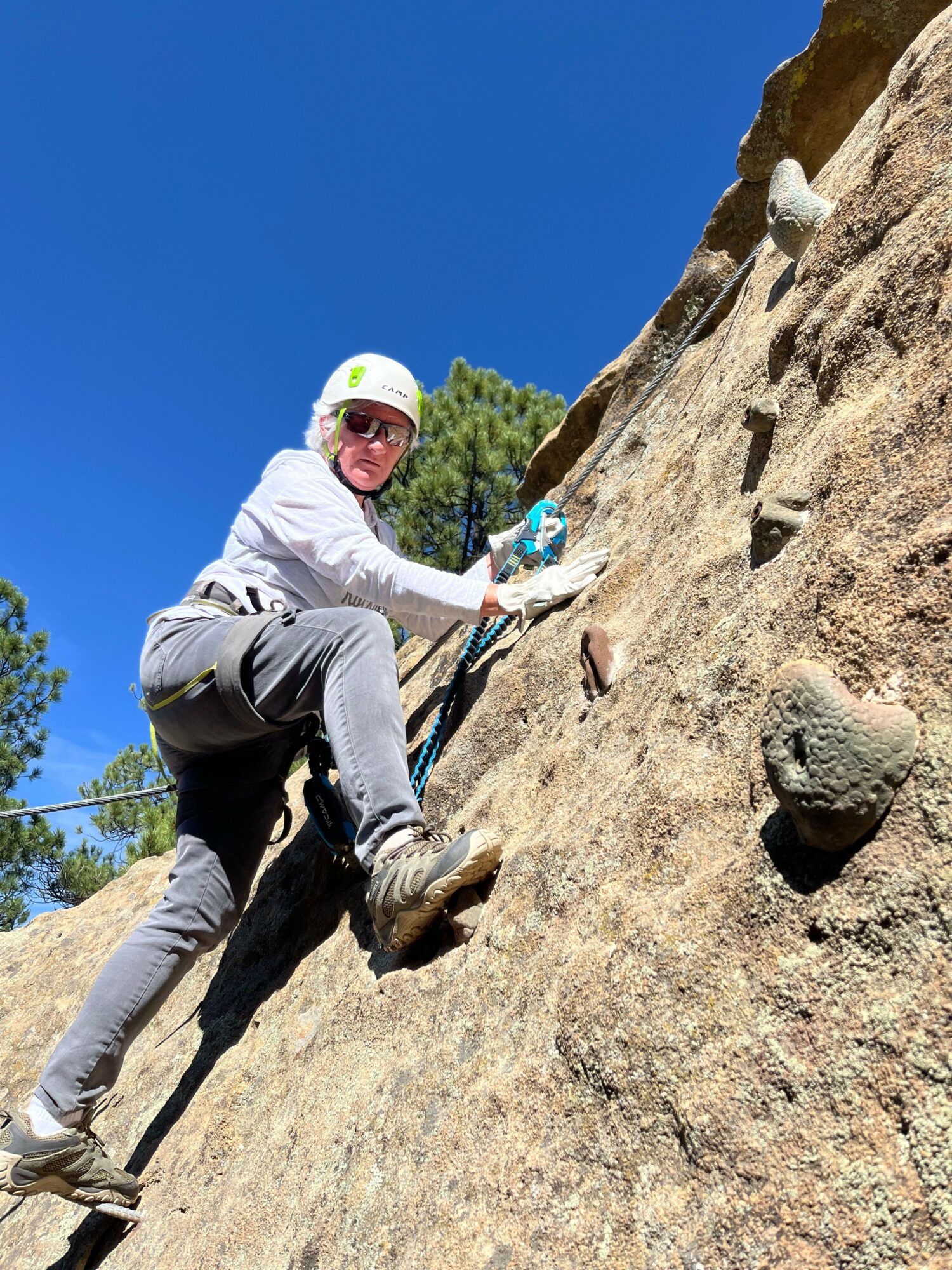

We recently had the chance to connect with Christi Scott Bartman MPA, JD, PhD and have shared our conversation below.
Hi Christi Scott, thank you so much for taking time out of your busy day to share your story, experiences and insights with our readers. Let’s jump right in with an interesting one: What is something outside of work that is bringing you joy lately?
Getting outside never ceases to bring joy. I was fortunate to be able to spend some time at Vermejo in New Mexico this summer. Riding horses in the high country, fishing and traversing the via ferrata course allowed me to challenge myself physically. My anti-human trafficking work challenges me intellectually so stepping away from the details and the emotion to be in such an amazing natural space was just the shift I needed!
Can you briefly introduce yourself and share what makes you or your brand unique?
I am Christi Scott Bartman, the Founder of Eyes Up Appalachia. Eyes Up Appalachia is an anti-human trafficking initiative that serves to illuminate, educate and activate against human trafficking. Though I don’t provide direct services to survivors, I work with them to better understand their experiences and seek their advice on how best to educate others. As my understanding increases through their coaching and increased knowledge of the region, I am leaning into both protective and preventative strategies to address the needs of individuals and the communities in which they live.
Thanks for sharing that. Would love to go back in time and hear about how your past might have impacted who you are today. What breaks the bonds between people—and what restores them?
In my work I rarely find someone who does not want to help those that have been trafficked. But I often hear “that doesn’t happen here” or other denials and misconceptions. Without understanding what human trafficking REALLY looks like in your area you will never “see” someone that is being trafficked. And those that are being trafficked will never feel they have been seen or heard. As we continue to educate our communities and incorporate survivor voices, those bonds, and the validation of being seen and heard, will be restored.
Do you remember a time someone truly listened to you?
As a certified coach I have been trained to listen. I can tell you intellectually why this is important and how to do it. But I never truly knew how important it was until I was sharing some of the trafficking situations I was hearing about in the area with a local detective. Most had come to me third hand and so it was very difficult to give the structure that I would want, given my legal training, or that he would want from a law enforcement perspective. As I was stumbling through the stories and getting frustrated with myself for not being able to say specifically “this happened first, then this…then this” in any semblance of order, he stopped me and said “Don’t worry about that Christi, just tell me the story.” That made all the difference! I immediately felt the pressure come off and was able to tell him what I had to say. I can only imagine how much more important that simple statement would be for someone who had just been through considerable trauma.
So a lot of these questions go deep, but if you are open to it, we’ve got a few more questions that we’d love to get your take on. Whose ideas do you rely on most that aren’t your own?
In my work I rely most on those that have lived experience being trafficked and those that serve them directly. Because I have not had the life experiences they have, but want to help alleviate the potential for others to have to live those experiences, it is imperative I listen and understand them.
Thank you so much for all of your openness so far. Maybe we can close with a future oriented question. Are you doing what you were born to do—or what you were told to do?
I am fortunate to be in the position of doing exactly what I want to do! I was able to step away from full-time academia to found Eyes Up Appalachia. I was also able to create it as an initiative (with the Foundation for Appalachian Ohio as my fiscal agent) so I could control my time and be hands-on with the work instead of focusing on administration and grant management. Appalachian State University would be a bit concerned with my application of my business degree because I turned it completely on its head and do this work pro bono. I built the model around collaborations and partnerships and am fortunate to be able to work every day with people I admire, trust and respect!
Contact Info:
- Website: https://www.eyesupappalachia.org/
- Instagram: @eyesupappalachia
- Linkedin: https://www.linkedin.com/in/christi-scott-bartman/















